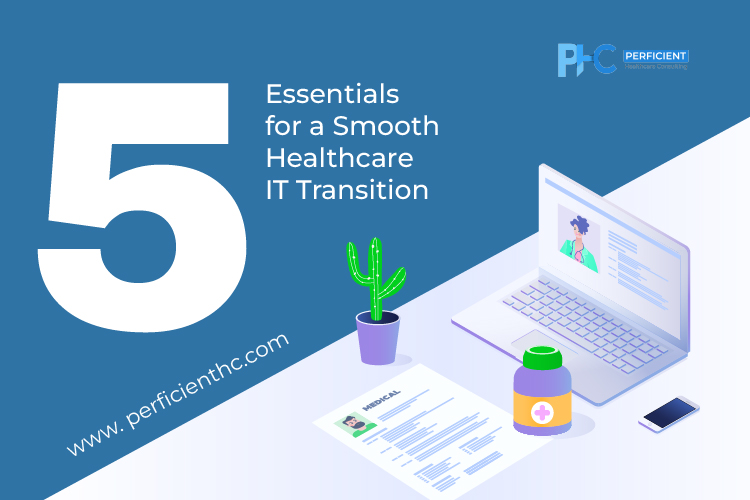The healthcare industry is undergoing a profound transformation, and at the center of this shift is Artificial Intelligence (AI). AI powered business models are enabling healthcare organizations to operate more efficiently, make better decisions, and deliver improved patient care while controlling costs.
1. Streamlined Administrative Processes
AI tools can automate time consuming tasks such as appointment scheduling, billing, and claims processing. This not only reduces administrative burden but also minimizes human errors, freeing up staff to focus on patient care.
2. Enhanced Decision Making
With AI driven analytics, healthcare providers can process large volumes of patient and operational data to identify trends, forecast demand, and improve resource allocation. This leads to faster and more informed decisions.
3. Predictive Maintenance for Medical Equipment
AI systems can monitor equipment performance in real time, predicting maintenance needs before breakdowns occur. This proactive approach reduces downtime and ensures continuity in patient services.
4. Personalized Patient Care at Scale
AI enables healthcare providers to analyze patient histories and preferences, offering personalized treatment plans. This approach improves patient satisfaction while optimizing resource usage.
5. Cost Reduction and Revenue Optimization
AI powered models can detect inefficiencies in operations, prevent revenue leakage, and identify new income streams, ensuring long term financial sustainability.
Conclusion
AI powered business models are more than just a technological upgrade, they represent a strategic transformation in how healthcare operates. By embracing AI, organizations can achieve operational efficiency, deliver better care, and remain competitive in a rapidly evolving landscape.Ready to optimize your healthcare operations with AI? Partner with Perficient Healthcare and unlock the future of efficiency.
Frequently Asked Questions
They use AI technologies to automate processes, improve decision making, and enhance patient care while reducing costs.
By automating tasks, predicting needs, and optimizing resource allocation, AI reduces waste and improves workflows.
Yes, AI solutions can be scaled to fit the needs and budgets of smaller providers.
When implemented with proper compliance and encryption measures, AI systems can be highly secure.
Integration with existing systems and ensuring staff training are the primary challenges.

